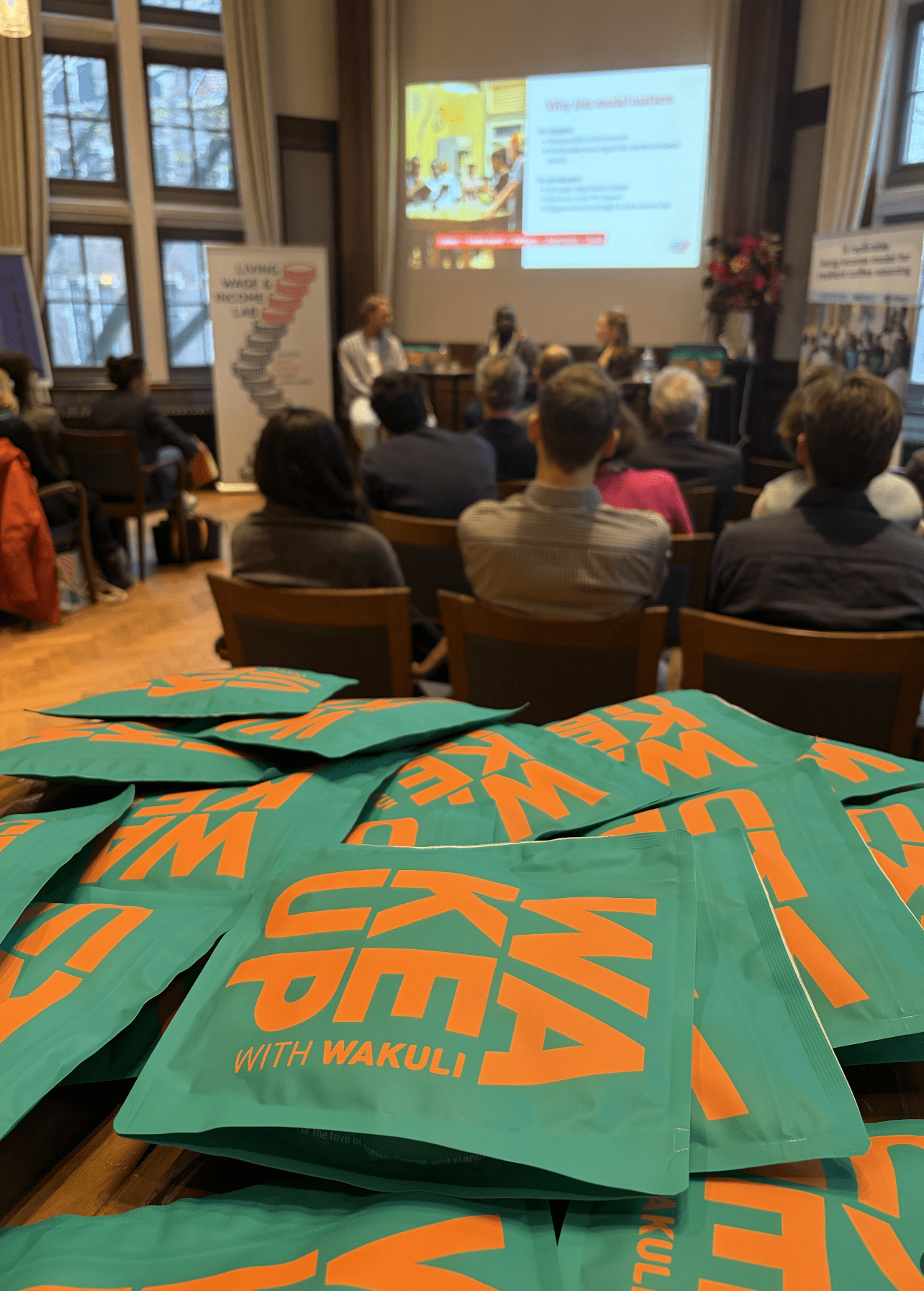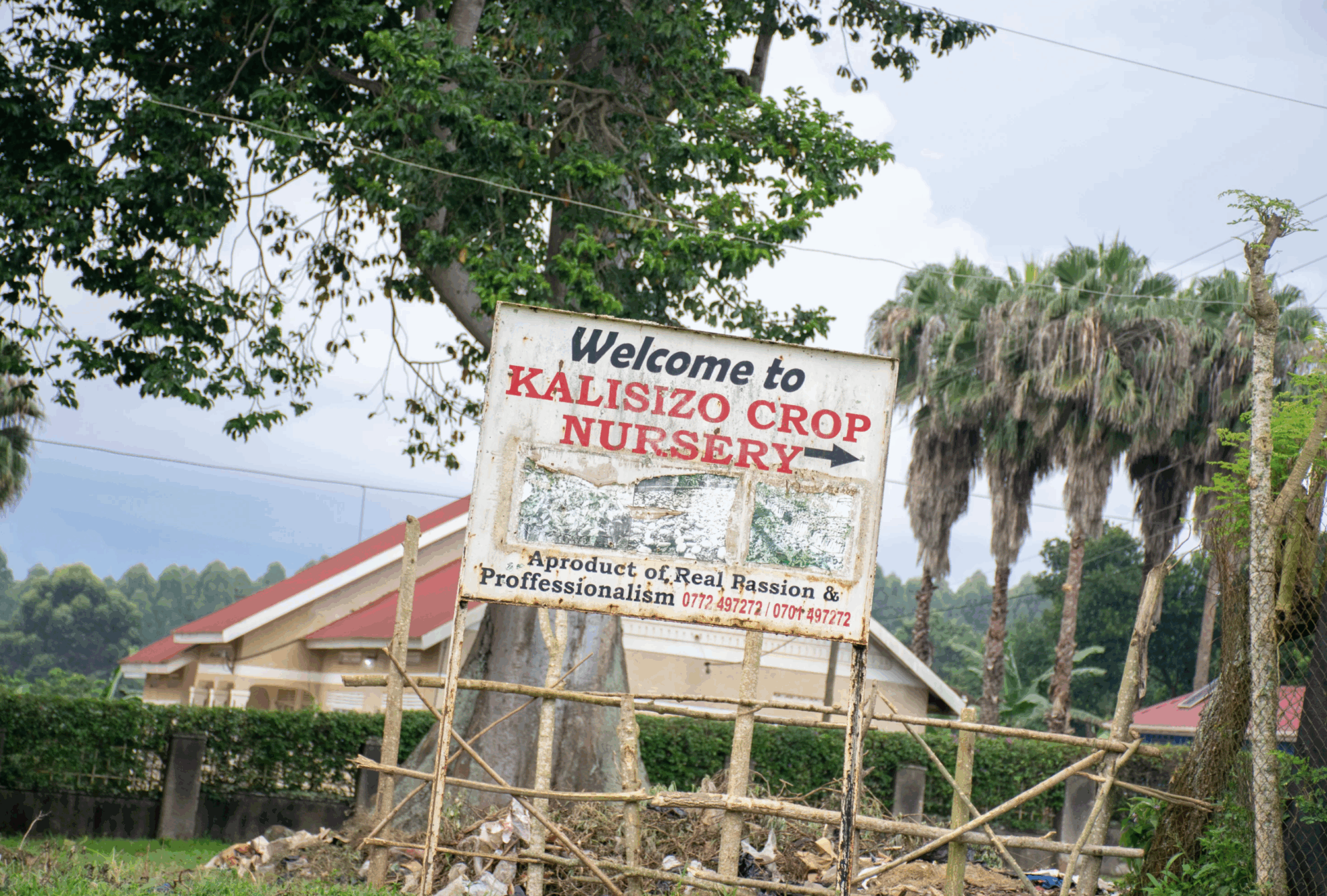There is a need to promote the consumption of a variety of foods in Zambia, according to Frank Mechielsen, Hivos’ Senior Sustainable Diets for All Programme Manager. In Zambia, many people cannot access healthy and diverse foods. To complicate matters, the Zambian government has traditionally concentrated on promoting the cultivation of maize at the expense of other crops.
Mechielsen said Hivos is now working on a programme to promote sustainable diets because the current food system is unequal, and the quality of what is produced and made available to consumers is also far from adequate.
Hivos’ Sustainable Diets for All team is meeting in Lusaka, Zambia to measure progress and map the way forward of the programme.
“As you know, in many countries like Zambia, there are still many people who are hungry, but there are also people who are obese because of their unhealthy diet. We really want to make a change with this programme,” said Mechielsen.
He added, “Our main concern about Zambia is that it uses mono-cropping of maize only. But we do see increasing attempts by the government to change this fact [mono-cropping] because it is making the country vulnerable to climate change.”
“It is also not very healthy to just eat maize. We need a variety of foods. We have to work with the people themselves because they’re the ones who know what is good for them. And what I hear from the people of Zambia is that there is potential in the diversification of crops, for example, millet and sorghum.”
Mechielsen also appealed to the media in Zambia to raise understanding among citizens on sustainable diets.
“We also have a programme for the media because people don’t really have much understanding of the issues regarding diet – all they know is something to do with Coca-Cola being bad for you. I don’t know if you have McDonalds here, but wherever people eat too many highly processed foods, it is not healthy,” he said.
He said Hivos wants the media to help write stories about traditional foods and healthy diets.
“We are working in Zambia, Bolivia and Indonesia with civil society organisations to try and influence governments and the private sector to make this change in policies towards healthier, sustainable and diverse food production and also healthier consumption,” he said.


